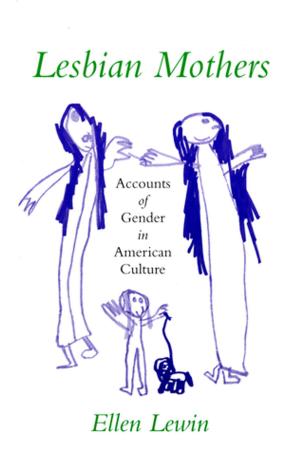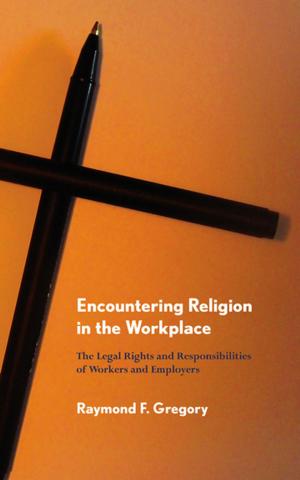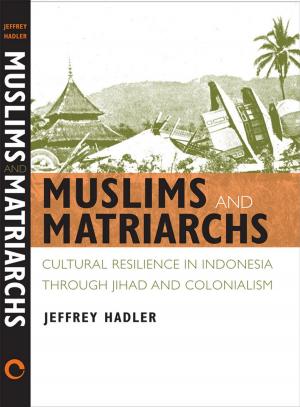Holy Legionary Youth
Fascist Activism in Interwar Romania
Nonfiction, History, Eastern Europe, Social & Cultural Studies, Political Science| Author: | Roland Clark | ISBN: | 9780801456336 |
| Publisher: | Cornell University Press | Publication: | November 16, 2015 |
| Imprint: | Cornell University Press | Language: | English |
| Author: | Roland Clark |
| ISBN: | 9780801456336 |
| Publisher: | Cornell University Press |
| Publication: | November 16, 2015 |
| Imprint: | Cornell University Press |
| Language: | English |
Founded in 1927, Romania’s Legion of the Archangel Michael was one of Europe’s largest and longest-lived fascist social movements. In Holy Legionary Youth, Roland Clark draws on oral histories, memoirs, and substantial research in the archives of the Romanian secret police to provide the most comprehensive account of the Legion in English to date. Clark approaches Romanian fascism by asking what membership in the Legion meant to young Romanian men and women. Viewing fascism "from below," as a social category that had practical consequences for those who embraced it, he shows how the personal significance of fascism emerged out of Legionaries’ interactions with each other, the state, other political parties, families and friends, and fascist groups abroad. Official repression, fascist spectacle, and the frequency and nature of legionary activities changed a person’s everyday activities and relationships in profound ways.
Clark’s sweeping history traces fascist organizing in interwar Romania to nineteenth-century grassroots nationalist movements that demanded political independence from the Austro-Hungarian Empire. It also shows how closely the movement was associated with the Romanian Orthodox Church and how the uniforms, marches, and rituals were inspired by the muscular, martial aesthetic of fascism elsewhere in Europe. Although antisemitism was a key feature of official fascist ideology, state violence against Legionaries rather than the extensive fascist violence against Jews had a far greater impact on how Romanians viewed the movement and their role in it. Approaching fascism in interwar Romania as an everyday practice, Holy Legionary Youth offers a new perspective on European fascism, highlighting how ordinary people "performed" fascism by working together to promote a unique and totalizing social identity.
Founded in 1927, Romania’s Legion of the Archangel Michael was one of Europe’s largest and longest-lived fascist social movements. In Holy Legionary Youth, Roland Clark draws on oral histories, memoirs, and substantial research in the archives of the Romanian secret police to provide the most comprehensive account of the Legion in English to date. Clark approaches Romanian fascism by asking what membership in the Legion meant to young Romanian men and women. Viewing fascism "from below," as a social category that had practical consequences for those who embraced it, he shows how the personal significance of fascism emerged out of Legionaries’ interactions with each other, the state, other political parties, families and friends, and fascist groups abroad. Official repression, fascist spectacle, and the frequency and nature of legionary activities changed a person’s everyday activities and relationships in profound ways.
Clark’s sweeping history traces fascist organizing in interwar Romania to nineteenth-century grassroots nationalist movements that demanded political independence from the Austro-Hungarian Empire. It also shows how closely the movement was associated with the Romanian Orthodox Church and how the uniforms, marches, and rituals were inspired by the muscular, martial aesthetic of fascism elsewhere in Europe. Although antisemitism was a key feature of official fascist ideology, state violence against Legionaries rather than the extensive fascist violence against Jews had a far greater impact on how Romanians viewed the movement and their role in it. Approaching fascism in interwar Romania as an everyday practice, Holy Legionary Youth offers a new perspective on European fascism, highlighting how ordinary people "performed" fascism by working together to promote a unique and totalizing social identity.















